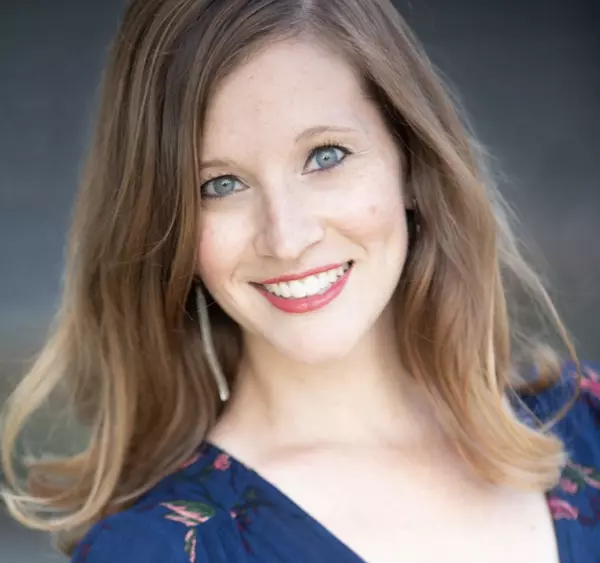Two new books for aspiring writers draw on the wisdom of famed authors
When I was in college, I volunteered at a youth camp and was put in charge of the entertainment. I wrote skits, monologues, song parodies, anything to keep the high school kids from focusing on how bad the mosquitoes were in those Minnesota woods, how bad the food was, and how mean some of the counselors were.
The camp speaker was a magazine editor, and I noticed that, during the entertainment hour each evening, he sat in the back of the auditorium with a slightly bemused look on his face. At the end of the week of camp he approached me and asked, “Have you written any of this down?” He eventually gave me a humor column in his magazine.
I thought of that conversation toward the end of my 25th year of doing interviews at the annual Writer’s Symposium By The Sea at Point Loma Nazarene University. I thought I should take some of the best parts of these interviews and put them in book form.
I exploited some students and staff members to transcribe the interviews (we tried AI and other tech methods, but some of the writers talked so fast that we had to correct everything. Thanks, Cornel West!), and I saw that I could separate these conversations into questions that all writers ask, such as Where do I get ideas? How do I know if my writing is any good? What do we mean by discipline? What do we mean by craft? What advice can you offer?
Now, five years later, I have them compiled into two volumes: “Talking To Writers: The Craft of Fiction” and “Talking To Writers: The Craft of Nonfiction.” I tried to pattern the books after Paris Review interviews, where the writers’ personalities are revealed, as well as their wisdom. These books include excerpts of my conversations with Amy Tan, Ray Bradbury, Joyce Carol Oates, Anne Lamott, Anthony Doerr, David Brooks, Joseph Wambaugh, Bill Moyers, Peter Matthiessen, Alice Walker, George Plimpton and dozens of others.
And to keep in the spirit of interviewing writers, I have interviewed myself in order to give you a sense of what is in these volumes:
Q: How did you decide which topics to cover?
A: Once I started reading through the transcripts, I realized there was a pattern to the interviews I had been conducting. I asked about early influences, when they realized they wanted to write, the value of libraries, how they handled rejection, the importance of discipline, the role of inspiration and all of the writers had rich wisdom and anecdotes. So those topics became chapters.
Q: Who is your audience for these books?
A: There is such good stuff in here that I think writers of all levels will be deepened and encouraged. Students will find tools in the advice section, and experienced writers will find solidarity and feel less alone with their own issues that are illuminated by these superstars. Even people who don’t write, but who have thought maybe they have a story to tell, will be motivated to take that next step.
Q: Does anybody really need to know how to write? Can’t AI and other tech tools do everything we need?
A: There is something about a story — your story — that cannot be replicated or replaced by an algorithm. We can get information from lots of places. But a story — a well-told story — that points us to something bigger, that can sweep us away, connect us to our ancestors, deepen and challenge our beliefs, develop our imaginations, make us feel, make us think, make us loving, teach us values. And to tell that story well connects us at our deepest points of human longing. Life’s too short to read crappy stories. These books will help you tell stories that matter.
Q: Did anything surprise you about the authors you interviewed?
A: With very few exceptions, most of the writers described how difficult it is to write well. Joe Wambaugh said it was the hardest thing he ever did — and he worked as an L.A. cop, in a steel mill, and was in the Marine Corps. He said it got harder the more he did it. Most writers told me something similar. But it wasn’t discouraging to hear this. It made me realize I wasn’t the only one struggling with it. And that it’s worth the struggle.
Q: In all of the interviews with writers, do you have favorites?
A: We’ve had Anne Lamott three times, and the most recent time she hijacked the interview and I lost control of it immediately. I loved it. Bill Moyers barely let me get a question in, but I didn’t care. He was my hero, and I wish he could have lived forever. Each interview is like a jazz show, where there is ordered disorder, with sudden bursts of revelation. These books are full of those bursts of revelation. I’m so glad I wrote these things down.


“Talking to Writers: The Craft of Fiction” and “Talking to Writers: The Craft of Nonfiction” by Dean Nelson (Bloomsbury, 2025; 396 and 380 pages, respectively)
Warwick’s and Writer’s Symposium by the Sea present Dean Nelson on “Talking to Writers”
When: 7:30 p.m. Monday
Where: Warwick’s bookstore, 7812 Girard Ave., La Jolla
Admission: Free, or $35 buys one reserved seat and a copy of either book
Categories
Recent Posts










GET MORE INFORMATION


